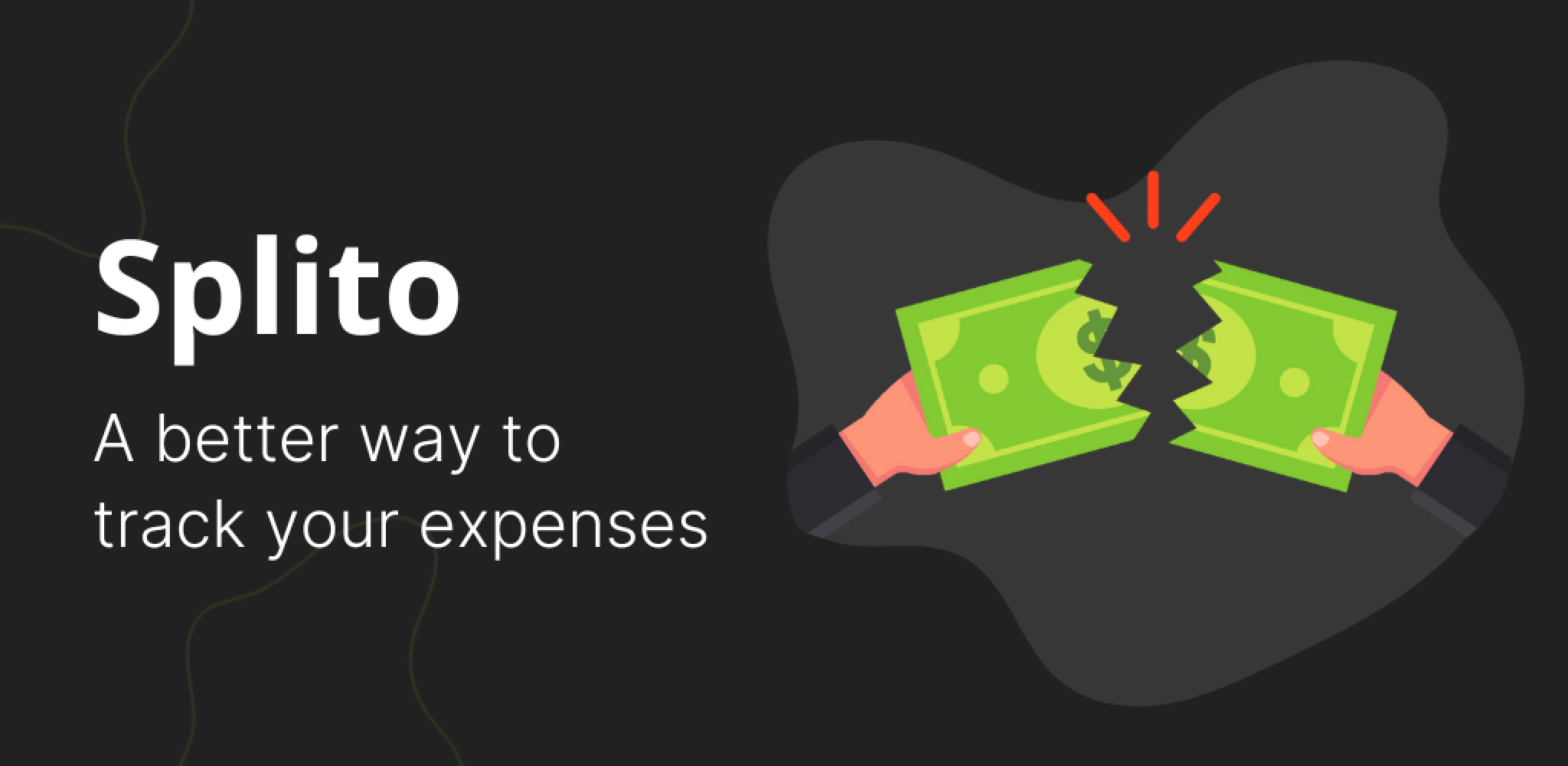Background
Imagine you’re building a Todo application using Go. Each task in your application has a status associated with it, indicating whether it’s “completed”, “archived” or “deleted”.
As a developer, you want to ensure that only valid status values are accepted when creating or updating tasks via your API endpoints. Additionally, you want to provide clear error messages to users if they attempt to set an invalid status apart from the valid ones.
Of course, you will say enums, right?
But the bad news is Go doesn’t provide enums and the good news is we can still implement it.
In this blog, we’ll explore how to effectively manage enums in Golang, including validation techniques to ensure data integrity and reliability.
Whether you are a beginner or an experienced developer, this guide aims to demystify enums and empower you to leverage their power in your Go projects.
What is Enum?
Enum is a short form of enumeration, which represents a distinct set of named constants. While languages like Java and C++ offer native support for enums, Go takes a different approach.
Instead of a dedicated enum type, Go developers use constants or custom types with iota to emulate enum-like behavior. Let’s begin!
Why Enums?
-
Enums make code more readable by providing descriptive names for values, rather than using raw integer or string constants. This enhances code clarity and makes it easier for other developers to understand and maintain the codebase.
-
Enums provide compile-time checking, which helps catch errors early in the development process. This prevents invalid or unexpected values from being assigned to variables, reducing the likelihood of runtime errors.
-
By restricting the possible values a variable can hold to a predefined set, enums help prevent logic errors caused by incorrect or unexpected values.
Defining Enums with Constants
Constants are a straightforward way to define enums in Go. Let’s consider a basic example where we define enum constants representing different days of the week.
package main
import "fmt"
const (
SUNDAY = "Sunday"
MONDAY = "Monday"
TUESDAY = "Tuesday"
WEDNESDAY = "Wednesday"
THURSDAY = "Thursday"
FRIDAY = "Friday"
SATURDAY = "Saturday"
)
func main() {
day := MONDAY
fmt.Println("Today is ", day) // "Today is Monday"
}
Simulating Enums with Custom Types and iota
While constants work well for simple enums, custom types with iota provide a more idiomatic approach in Go.
What is iota?
iota is a special identifier in Go that is used with const declarations to generate a sequence of related values automatically.
It simplifies the process of defining sequential values, particularly when defining enums or declaring sets of constants with incrementing values.
When iota is used in a const declaration, it starts with the value 0 and increments by 1 for each subsequent occurrence within the same const block. If iota appears in multiple const declarations within the same block, its value is reset to 0 for each new const block.
package main
import "fmt"
const (
SUNDAY = iota // SUNDAY is assigned 0
MONDAY // MONDAY is assigned 1 (incremented from SUNDAY)
TUESDAY // TUESDAY is assigned 2 (incremented from MONDAY)
WEDNESDAY // WEDNESDAY is assigned 3 (incremented from TUESDAY)
THURSDAY // THURSDAY is assigned 4 (incremented from WEDNESDAY)
FRIDAY // FRIDAY is assigned 5 (incremented from THURSDAY)
SATURDAY // SATURDAY is assigned 6 (incremented from FRIDAY)
)
func main() {
fmt.Println(MONDAY, WEDNESDAY, FRIDAY) // Output: 1 3 5
}
Let’s rewrite the previous example using a custom type(int).
package main
import "fmt"
type Day int
const (
Sunday Day = iota
Monday
Tuesday
Wednesday
Thursday
Friday
Saturday
)
func main() {
day := Monday
fmt.Println("Today is ", day) // Output: Today is 1
}
In this example, we define a custom-type Day and use iota to auto-increment the values of the constants. This approach is more concise and offers better type safety.
Optionally, we can also use like iota + 1 , if we want our constants to start from 1.
To read the full version, please visit Canopas Blog.
Feedback and suggestions are most welcome, add them in the comments section.
Follow Canopas to get updates on interesting articles!
Keep exploring and innovating!!

Thanks for your interest! 😊
We’re currently focusing on enhancing the Android version, but an iOS app is definitely on our roadmap. Stay tuned for updates—we want Splito to be accessible to everyone!